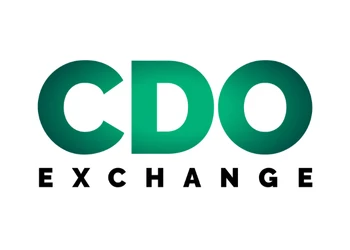The End of the Worldwide Web and the Rise of Data Sovereignty
The internet as we know it is witnessing seismic change globally.
Add bookmark
Last month, it was reported that in occupied Ukraine, people’s internet was being routed to Russia and subjected to its powerful censorship and surveillance machine. Although this is a disaster for those who are losing access to unfiltered information online, it signals a wider trend that has gained traction over the years: that the worldwide web isn’t so worldwide anymore.
In France, Austria, South Africa and more than 50 other countries, government’s are accelerating efforts to control the digital information produced by their citizens, government agencies and corporations.
Initially, at the beginning of the internet, files were stored locally on personal computers and company mainframes, they increasingly shifted to more international services as internet speeds increased and cloud services allowed the storing of data elsewhere. However, this is changing, and increased data sovereignty fits into one of the biggest trends occurring in wake of the pandemic: the shift from globalized models of commerce to more independent national ones.
Quite rightly, this state of data anarchy is raising alarm for many businesses who are now wondering how the push toward data sovereignty will affect their businesses. With the number of laws, regulations and government policies requiring digital information to be stored in a specific country more than doubling to 144 from 2017 to 2021, the new world will require new strategies and approaches in order to not fall foul of the authorities.
In the US, the Biden administration is circulating an executive order to stop rivals such as China gaining access to American data, whilst in India, restrictions are being put into law that will limit what data can leave the nation of almost 1.4 billion people. Countries like China have long cordoned off their digital ecosystems for some time (The Great Firewall), the spread of such practices is a clear shift from the ideas that birthed the world wide web in the 90s.
In the European Union, personal data has had to meet the requirements of the General Data Protection Regulation since 2018, and in countries such as Kenya and Kazakhstan, regulations that stipulate personal data of a kind must be kept within their borders have taken hold.
The increasing rise of data sovereignty has led companies such as Microsoft, Google and Amazon to offer new services that enable companies to store data records and information within a certain territory. Microsoft has said it was taking steps so customers could more easily keep data within certain geographical areas, whilst Amazon Web Services (AWS), the world’s largest cloud-computing service, said it let customers control wherein in Europe data was stored. Meanwhile, Google Cloud has signed deals with numerous European nations with local tech and telecom providers in order to guarantee local control over data related to Google products.
The tech giants are, understandably, universally against the measures being made — citing inabilities to offer their services as the main issue in hand. However, while the restrictions are unlikely to hit end-users particularly hard they may lose access to certain features depending on their contexts (Meta recently announced that it would no longer offer its augmented reality (AR) filters in Texas and Illinois to avoid breaking those states' biometric data for example).
In any case, the shift from a world wide web to a more localized one will only mean further red tape for governments, businesses and end-users to navigate. This state of data anarchy will be a tough one to adapt to, but a good starting point for almost any business would be to get to grips with the growing world of data ethics.
























